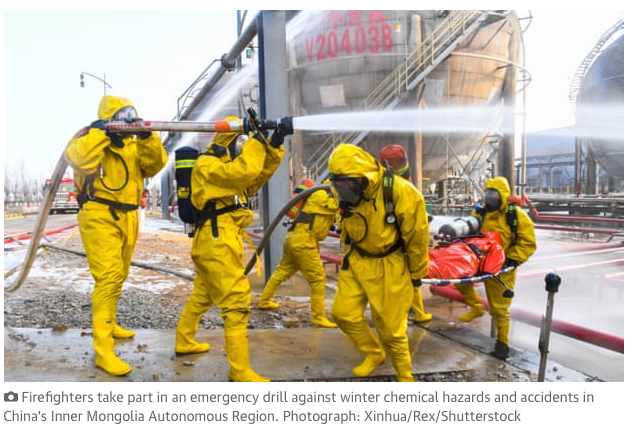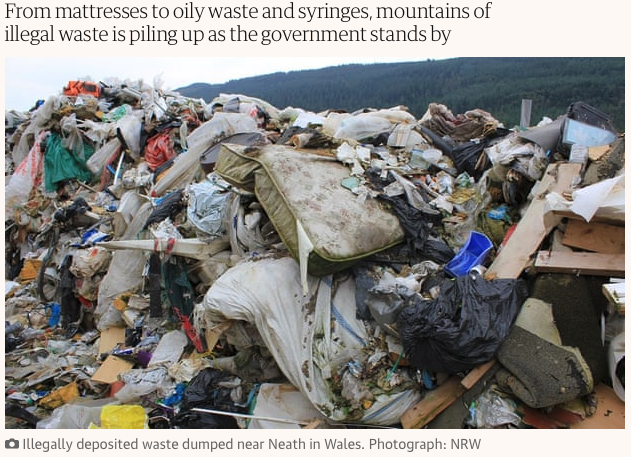The dangers of climate change are mounting so rapidly that they could soon overwhelm the ability of both nature and humanity to adapt unless greenhouse gas emissions are quickly reduced, according to a major new scientific report released on Monday.
The report by the Intergovernmental Panel on Climate Change, a body of experts convened by the United Nations, is the most detailed look yet at the threats posed by global warming. It concludes that nations aren’t doing nearly enough to protect cities, farms and coastlines from the hazards that climate change has unleashed so far, such as record droughts and rising seas, let alone from the even greater disasters in store as the planet continues to warm.
Written by 270 researchers from 67 countries, the report is “an atlas of human suffering and a damning indictment of failed climate leadership,” said António Guterres, the United Nations secretary general. “With fact upon fact, this report reveals how people and the planet are getting clobbered by climate change.”
…The report also carries a stark warning: If temperatures keep rising, many parts of the world could soon face limits in how much they can adapt to a changing environment. If nations don’t act quickly to slash fossil fuel emissions and halt global warming, more and more people will suffer unavoidable loss or be forced to flee their homes, creating dislocation on a global scale.





